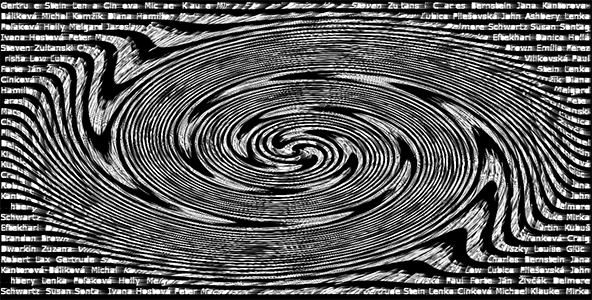This week, our writers bring you the latest news from Australia, Taiwan, and Sweden. In Australia, the NT Writers Festival has celebrated Aboriginal writing and language; in Taiwan, registration has opened for the 2021 Taipei International Book Fair and the winners of the Golden Tripod Awards were announced; and in Sweden, the Nobel Prize in Literature announcement was made, awarding American poet Louise Glück. Read on to find out more!
Rita Horanyi, Newsletter Editor, reporting from Australia
In Australia, like much of the rest of the world, literary events have been cancelled or moved online due to lockdowns and travel restrictions. Thus, it was especially exciting to see that the Northern Territory (NT) Writers Festival—held this year in the country’s tropical Top End in Darwin—was able to pull off a predominantly live event after having to postpone the festival from May to October.
The NT Writers Festival showcases local talent, alongside interstate and international guests, with a particular focus on South East Asian voices. Unfortunately, COVID-19 meant it was challenging to include writers from South East Asia this year, but, with the assistance of digital technology, acclaimed Indonesian poet Norman Erikson Pasaribu was able to join the festival to discuss “Translating Indonesia” with past Asymptote Editor-at-Large for Indonesia and translator Tiffany Tsao (the session is available to watch online here).
One of the ways the NT Writers Festival differs from many literary events in the country is in its strong emphasis on Aboriginal writing and language. This year’s festival included a panel with Meigim Kriol Strongbala (a group based in Ngukurr working to strengthen the place of Kriol), who discussed the process of translating the popular children’s book Too Many Cheeky Dogs (the session was held in both Kriol and English). Another special appearance was by the Gay’wu (Dilly Bag) group of women from Yirrkala in North East Arnhem Land. This group of women read from and discussed the writing of their Stella Prize longlisted book, Songspirals, which illuminates the role of women in the crying of Yolŋu songlines. Senior Yolŋu Elder Eunice Djerrkngu Yunupingu even keened milkarri (women’s songspirals) in front of festival audiences. In other sessions, a group of Arrernte poets from Mparntwe/Alice Springs read and discussed their new poetry collection, Arelhekenhe Angkentye: Women’s Talk, which interweaves poems in both English and Arrernte. READ MORE…


